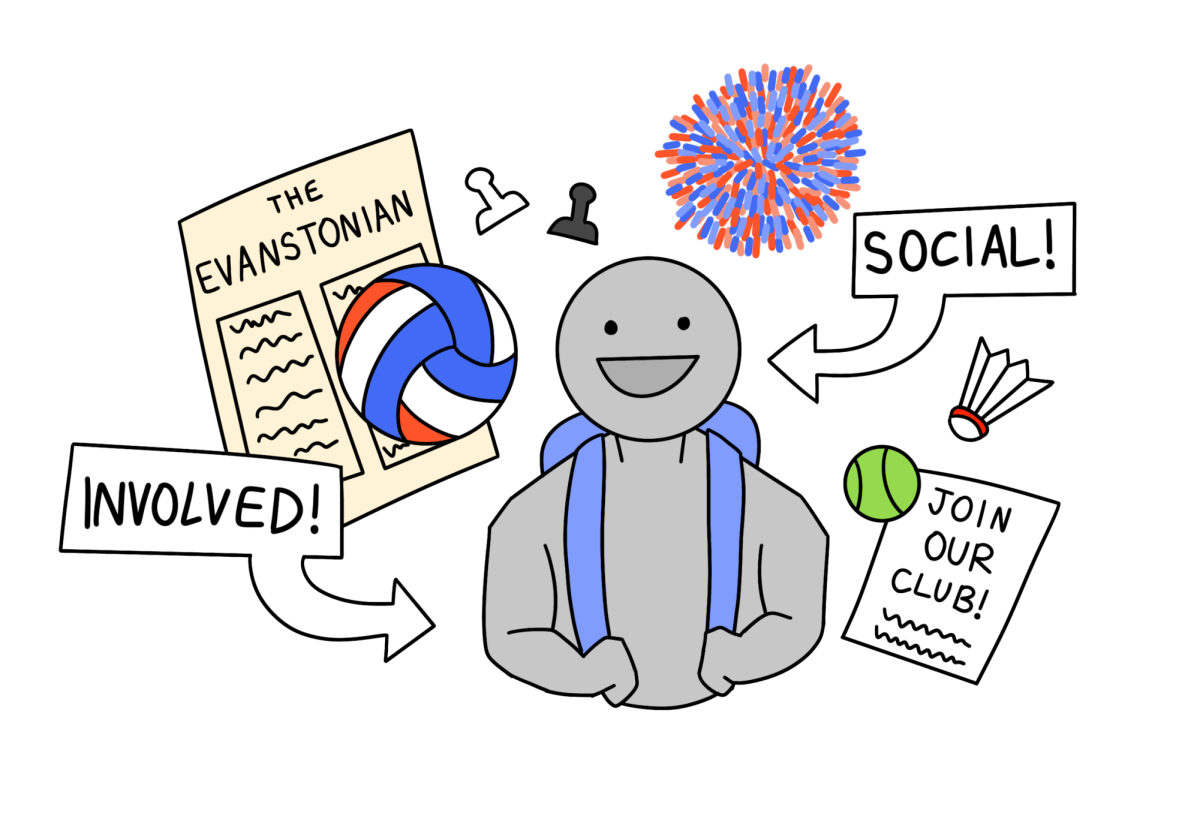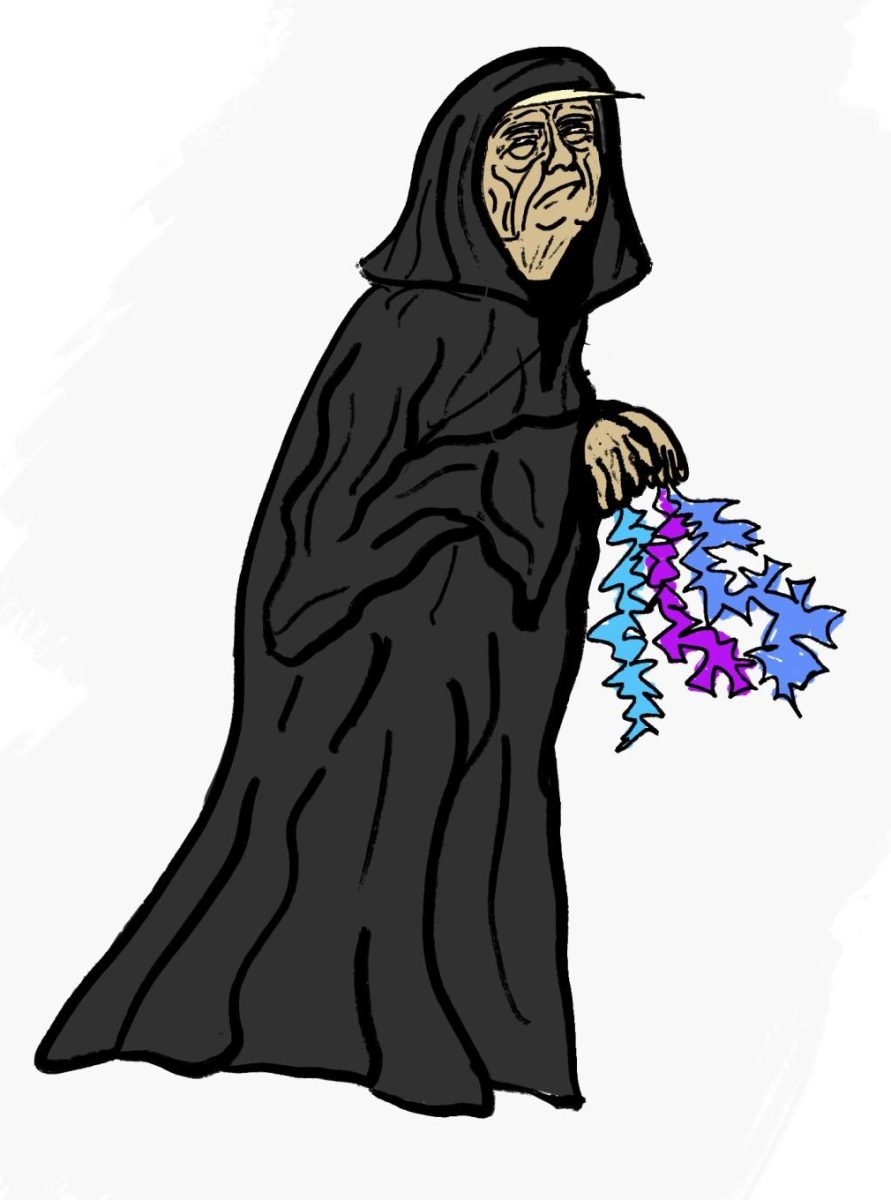“Does social media positively or negatively impact the teenage brain?” is a commonly asked question by people of all ages and it is a hot topic across the world. Many sources will tell you that social media is a terrible thing for teenagers, but the debate between teenagers is much more polarizing.
Social media is a connector, a bridge between others. It cultivates communities and connects people to each other. On TikTok and Instagram, merely having the same interests as someone else and posting about it can make strong friendships; Snapchat lets you talk more easily and connects you with people you might not have formed a connection with otherwise; and Youtube is a way for many creators to get their views and voices out into the world. Social Media expands the boundaries of human communication because it allows one person to connect with another, no matter where they live, where they’re from, and what beliefs they have.
“I think [social media] keeps me in contact with people that it would normally be hard for me to be in contact with,” says sophomore Chloe Wingader. “I use social media a lot. I really like using it to connect with my friends and family. I think it’s a good resource.”
Contrarily, problems like cyberbullying and body image issues have been brought up many times before. “[Social media] can send you down a rabbit hole of complete obsession with your looks. I often find myself comparing myself to random girls on the internet who have clearer skin or better hair than me,” says Freshman Anya Siegel-Acevedo. Many studies have agreed with this notion as well.. The Harvard School of Public Health says that “the more teenage girls are on social media and exposed to image-based social media in particular, the more likely they are to have poor body image.” According to Natasha Varlera at the Northwestern Family Institute, “‘External pressure is emphasized more with girls. There’s an imbalance in the pressure on them to look a certain way.’”
The reason for this phenomenon is physiological. 19th News says, “In adolescents, the part of the brain that processes emotions develops faster than the part that develops judgment and critical thinking.” This means the connection teenagers make from what they see on a screen correlates with the emotional part of the brain, and then the judgment and critical thinking skills are triggered after the emotions are created, leading to rash decisions like disordered eating.
And this is yet to touch upon the issue of cyberbullying. Whether or not you’ve experienced it directly or indirectly through someone you know, there is no doubt that it happens often. Because of the anonymity of the internet, it’s easy to leave negative comments when there are rarely any consequences for doing so behind a screen. To quote Mike Tyson, “Social media made y’all way too comfortable with disrespecting people and not getting punched in the face for it.” The Pew Research Center claims there are six cyberbullying behaviors. Offensive name-calling, spreading false rumors, receiving explicit images one did not ask for, constantly being monitored by someone other than a parent, physical threats, and having explicit images of them shared without their consent. “Nearly half of U.S. teens ages 13 to 17 (46%) report ever experiencing at least one of six cyberbullying behaviors,” says a study from The Pew Research Center.
Another common problem teenagers face is the fear of missing out, also known as FoMO. FoMO can occur all the time, but it often happens when someone you know is somewhere you want to be. A personal example of FoMO is when all of my friends went to a concert that I wanted to go to, but wasn’t able to attend. They posted about it on their Snapchat stories and filmed “Get Ready With Me” TikTok’s and I sat in my bedroom doing nothing and watching them have fun through my phone screen. I was so happy for them, but at the same time, I wished I could have been there. FoMO can cause teenagers to go down a negative spiral, subsequently affecting their health. The National Library of Medicine states, “[FoMO] is associated with a range of negative life experiences and feelings, such as a lack of sleep, reduced life competency, emotional tension, negative effects on physical well-being, anxiety and a lack of emotional control.”
Because the impact of social media is not a clear black-and-white issue, the discussion between schools, newspapers, journals, scientists, parents, and teenagers themselves will strongly persist. Despite the negative points that have been brought up however, I don’t necessarily believe that social media is a bad thing. I believe that it can be very beneficial as long as you have healthy coping mechanisms and understand that you don’t have to be absolutely perfect. Social media has shaped parts of my identity, beliefs, struggles, humor, personality, and interests, which all come together and make me who I am.



